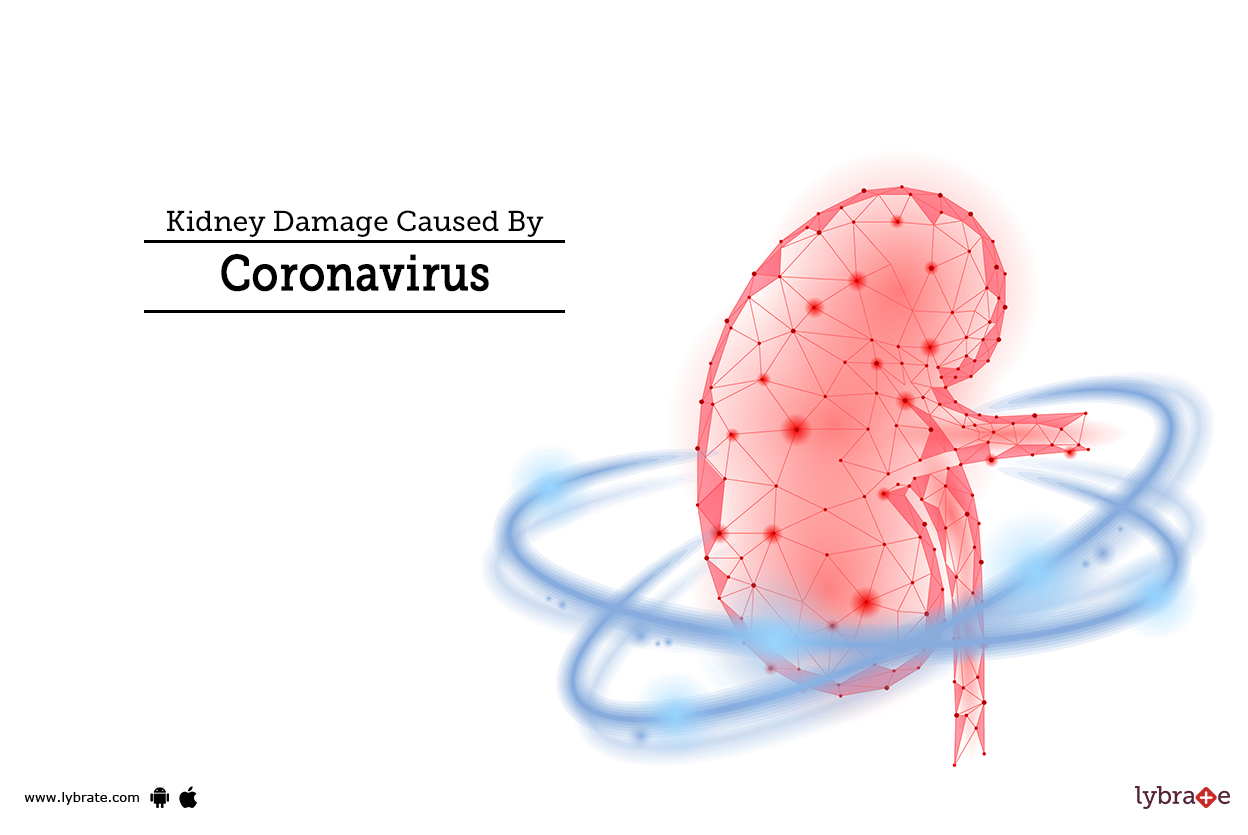Kidney Damage Caused By Coronavirus
Coronavirus has marked an indelible impression on the world. While researchers are still keeping the virus under detailed study, they have already found out many of its effects on living organisms. One of the most seen consequences of the infection is kidney damage. Statistics show that 30% of the contaminants developed moderate or severe kidney injury.
How Does It Happen?
Since the effects of the virus have still not been discovered completely, its exact effect on our kidneys is still unknown. Although, scientists have come up with some reasons behind the covid kidney damage -
-
Targets tissue cells - Tissue cells present in the kidney, heart, and lungs have receptors. Scientists believe that these receptors allow coronavirus to get attached and multiply. This results in increased spread of the virus resulting in organ damage.
-
Shortage of oxygen - The very first sign of covid infection is a sudden decrease in the blood oxygen level. A low level of oxygen hampers the functioning of almost every organ of our body. Shortage of oxygen affects kidney functioning leading to kidney damage or even failure.
-
Cytokine storm - Can be described as a physical response of the immune system in case of bacterial or viral infection. Under the state of infection, your body releases small proteins called cytokines. This protein enhances the process of the immune system against illness. The amount of cytokines depends on the seriousness of the infection. In recent research, patients with the extreme impression of coronavirus have shown a cytokine storm. This storm not only attacks the infected kidney cells but sometimes the healthy cells too.
-
Blood clotting - Development of small lumps of blood cells under covid infection can hamper kidney functioning. These clots can clog the smallest blood vessels in the kidney resulting in severe damage or failure.
Diagnosis And Treatment
Your doctor will examine your urine and blood sample to see any hike in urine protein levels. The blood test will help the doctor to trace any unusual activity in the blood. Depending upon the damage your doctor will design an appropriate treatment plan.
The treatment plan under such conditions includes dialysis, surgery, or injection of sterile fluids. While medication and dialysis are commonly conducted in most cases, surgery is still a rare process to select. It is used only in case of permanent damage to both the kidneys which cannot be treated or recovered from other methods of treatment.



+1.svg)
